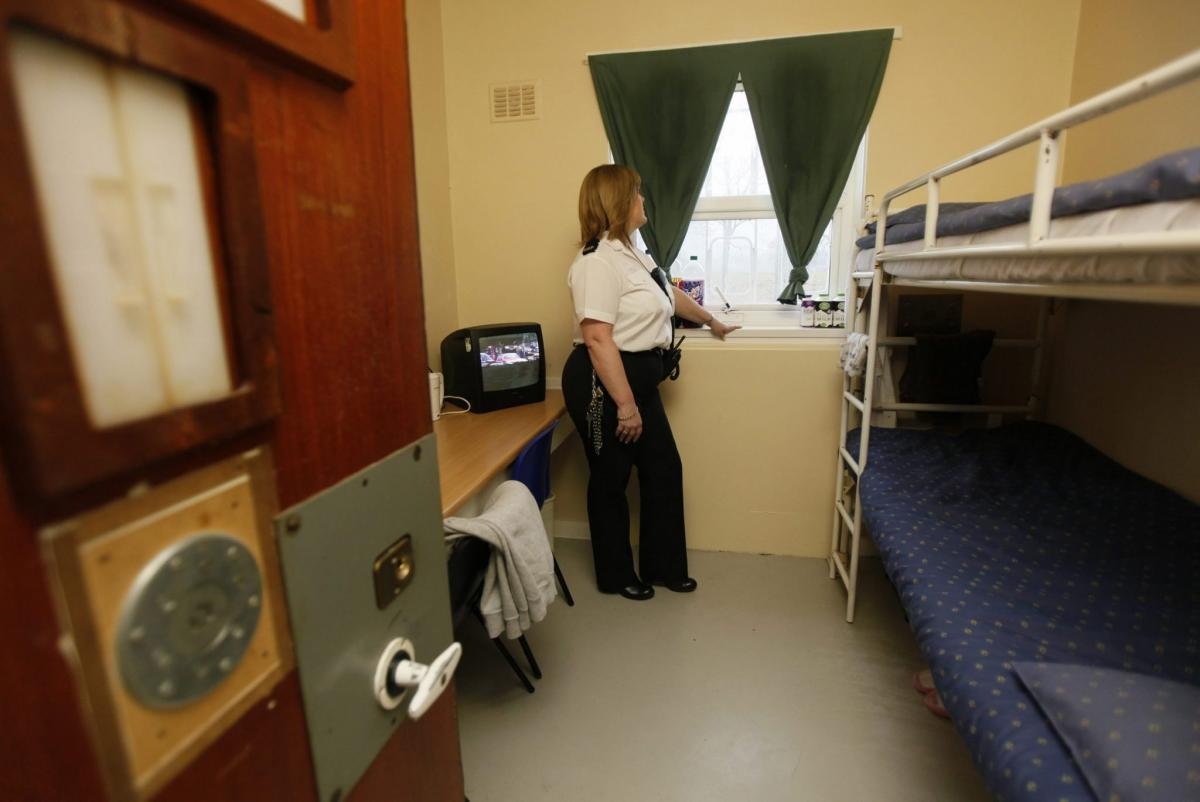MIA STILL TAKING ON ALL COMERS! SESSION TWO
“The Treaty does not say what constitutional law would govern the new Union, probably because the issue was obvious” Actually, it might just be the opposite. Perhaps because of the clash between England and Scotland in the matter of constitution, they could not use constitutional law as supreme, therefore they adopted the “parliamentary sovereignty” fudgeContinue reading "MIA STILL TAKING ON ALL COMERS! SESSION TWO"

“The Treaty does not say what constitutional law would govern the new Union, probably because the issue was obvious”
Actually, it might just be the opposite. Perhaps because of the clash between England and Scotland in the matter of constitution, they could not use constitutional law as supreme, therefore they adopted the “parliamentary sovereignty” fudge instead. Maybe they thought they could circumvent the thorn on the side that must have been for them the CoR/Scotland’s constitution by claiming Westminster was sovereign.
But the problem with this is that The Uk parliament is a product of a treaty and that CoR is a fundamental condition of the Treaty. In line with the “pacta sunt servanda”, Westminster cannot simply overrule it without destroying the treaty. The CoR is over the parliament’s and monarch’s perceived sovereignty.
According to google, “The core difference between parliamentary sovereignty and constitutional supremacy is where the ultimate authority for law-making lies. In parliamentary sovereignty, it is the legislature; in constitutional supremacy, it is the constitution of a state”
This has been extracted from the paper “Scotland’s right to choose: putting Scotland’s future in Scotland’s hands”, published in the Scottish government website on 19 Dec 2019:
“Scotland has a historic constitutional tradition different from that described by the doctrine of parliamentary sovereignty. In Scotland, sovereignty is traditionally said to lie with the people, and to favour a limited rather than absolute form of authority, with the right to rule being subject to the consent of the people.[15] The question has been asked why the constitution of a Union state should reflect only one of the constitutional traditions of its constituent nations”
Does Westminster’s perceive parliamentary sovereignty extend to Scotland’s constitution? Only if we let them.
I think adopting the concept of “parliamentary sovereignty” might have been perceived as the path of less resistance. But if parliament sovereignty is above constitutional law and the Treaty of Union is part of constitutional law, then there is an door open there.
This jewel was included in Ms May’s Speech on the Union. 4 July 2019:
“our Union rests on and is defined by the support of its people. It is not held together by a rigid constitution or by trying to stifle criticisms of it. It will endure as long as people want it to – for as long as it enjoys the popular support of the people of Scotland and Wales, England and Northern Ireland”
According to the Uk gov website in relation ot parliamentary sovereignty: “Generally, the courts cannot overrule parliament’s legislation and no Parliament can pass laws that future Parliaments cannot change”
So we can repeal the Act of Union with England.
England MPs can vote to repeal England’s act of union as many times as they wish, but they cannot lawfully repeal Scotland’s Act of union with England nor can I see how they can lawfully stop it. That has to be a matter for Scots MSPs or MPs (or both).
The critical point here is to establish in what parliament the Act of Union with England can be repealed.
To me it is obvious that is Holyrood because the Act of Union with England is nothing to do with England MPs and it was passed in Scotland’s parliament. But having said that, the Act of security was also passed in Scotland’s parliament but repealed in Westminster , presumably with consent of Scotland’s MPs/Lords?
“Mia would have advised that really, Article I did not involve an incorporating union”
Because it does not. Theresa May’s comment in her speech quoted above is already telling you. She also said this during the speech: “Political Union was achieved under the last Stuart monarch, Queen Anne, with the creation of the Kingdom of Great Britain”. A de nuovo Kingdom the result of the union of Scotalnd and England, not the incorporation of Scotland into England.
The minute the Treaty tells you a brand new parliament with a different name will be formed, you know it is not an “incorporating” union. If it was an incorporating union, the treaty would indicate Scotland would be annexed/assimilated to.by England as part of the Kingdom of England’s territory. In an incorporating union there would not be any need for England to end its parliament nor to change the flag, nor to change the seal. If Scotland had been incorporated into England, then England would have snatched Scotland’s crown, records and would not allow Scotland to have a mint and even less printing different notes. Look at Wales. That was definitely an “incorporating union”.
The Union between the two sovereign states created a different legal entity and the proof of this is that it was given a different name it has a different seal and a different flag. When you have in circulation in Scotland completely different notes to England the last thing that comes to your mind is that it is an “incorporating” union where Scotland has ceased to exist. It may well be what the negotiators on behalf of England were seeking to incorporate Scotland into England, but the evidence 300 years later tells us this never happened.
“(that theory would have to await the coming of Scotland’s oil)”
Of course. Because it was at that point when it became clear the extent of Scotland’s wealth and of paramount importance to claim that all what was Scotland’s was England’s and all what was England’s was still England’s.
” and that Scotland and England would continue as before”
How much have their territorial boundaries change since 1707 apart from the theft of Scotland’s territorial waters by Labour prior the reconvening of Scotland’s parliament?
“Article III was not to feared as the Scots could simply continue with their Sovereign Parliament”
Where in the Treaty does it say that Scotland cannot have a parliament? Because if it does, then we have been in direct breach of the Treaty since Holyrood was reconvened and Wales opened its parliament. So are we or are we not in breach of the treaty of Union, William?
“Nothing has changed!!”
And nothing has changed. I have just been reading the speeches in the house of commons from April 1804 and guess what they were talking about? “Scotch Home Rule”.
In 1804 they were already discussing Home Rule for Scotland. I am sure they were discussing it even before that year but I cannot find records prior to 1804. In 1713, 6 years after the union, there was already an attempt to terminate it by Scotland. So much for an incorporating union where Scotland and the idea of Scotland had disappeared, don’t you think?
I have found out that bills about Home Rule for Scotland were also attempted in 1894, 1895, 1908, 1911, 1920 and 1934. Of course there was another in 1978 and probably some more in between. Fast forward 204 years and we still had Gordon Brown talking about Home Rule and the entire Government propaganda apparatus making us believe that if we voted no we would get home rule. We have recently heard the infamous words emanating from the guts of the SNP as well. 300 years and nothing has changed. Scotland continues to demand for more autonomy.
It seems like either there never was an “incorporating union” or if there was, it was very unsuccessful because the only thing it has managed to incorporate is the realisation that after 300 years and despite so many attempts, it cannot tame Scotland.
MY COMMENTS
Throughout this excellent Claim of Right series both the author Sara Salyers and the regular Yours for Scotland columnist Mia have fully participated answering comments and explaining a lot of quite extensive comment on this site. From my records this amounts to over 500 comments in the last week. So thanks are very much due to them both as I know from comments I have received that many readers found the debate this created very worthwhile and enjoyable. I would also like to congratulate all the readers and participants in this series of articles. Despite dealing with a technical subject, capable of stirring up strong emotions, even controversy, the debate has been exceptional in that all debate has been conducted, whether agreeing or challenging, in a most respectful and decent manner. It is a fine example of social media educating, debating and discussing very important matters and also being overwhelmingly constructive in the process. I have just used a lot of words to express my admiration and thanks to you all. You are a credit to Scotland.
I have friends from Paisley coming to stay with us next week. They are coming off a cruise that they are enjoying and Celia and I are driving down to Miami to pick them up and bring them to our home in Clearwater for a week so my blog will not be very active for the next couple of weeks. At least that is the plan but events can often upturn the best laid schemes of mice and men!
FINALLY AN IMPORTANT PROGRAMME
Sara Salyers, the author of the paper and myself and others will discuss with Roddy in the excellent Through a Scottish Prism programme on the YouTube channel the many issues raised in the Claim of Right series. it will be streamed as usual from midday Sunday.
I am, as always
Yours for Scotland
BEAT THE CENSORS
Sadly some sites had given up on being pro Indy sites and have decided to become merely pro SNP sites where any criticism of the Party Leader or opposition to the latest policy extremes, results in censorship being applied. This, in the rather over optimistic belief that this will suppress public discussion on such topics. My regular readers have expertly worked out that by regularly sharing articles on this site defeats that censorship and makes it all rather pointless. I really do appreciate such support and free speech in Scotland is remaining unaffected by their juvenile censorship. Indeed it is has become a symptom of weakness and guilt. Quite encouraging really.
FREE SUBSCRIPTIONS
Are available easily by clicking on the links in the Home and Blog sections of this website. by doing so you will be joining thousands of other readers who enjoy being notified by email when new articles are published. You will be most welcome.
What's Your Reaction?










































